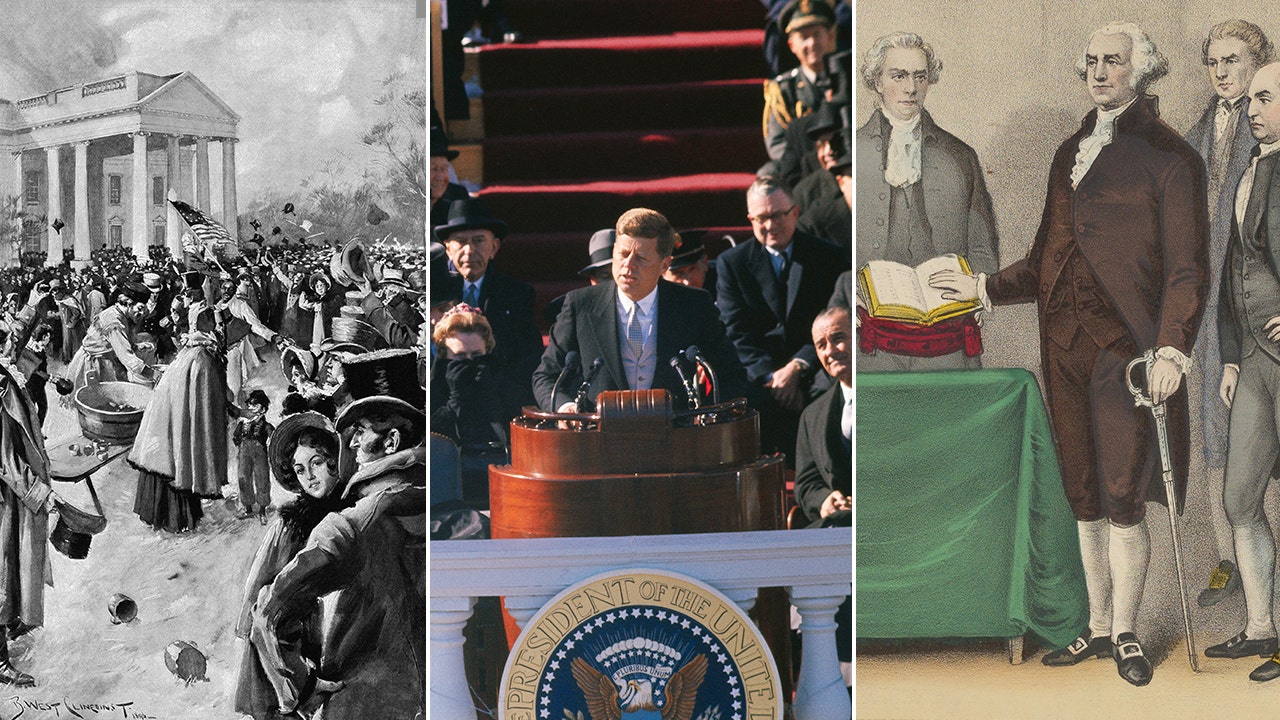Family-owned Decker Truck Line Inc. of Fort Dodge, Iowa, confirmed that it has permanently closed its terminal in Missoula, Montana, citing findings from a thorough review of its operations and freight network as the main reason for the closure.
“This decision was not made lightly, but it is necessary due to the changing freight network patterns and the associated costs of operating a full terminal that is not being utilized sufficiently,” CEO Dale Decker said in a statement Tuesday about the closure.
As many as 18 positions were eliminated at the Missoula terminal, according to NBC Montana.
Decker said a small group of drivers was also affected by the closure but added that the company will continue to utilize truck drivers in Montana to haul freight.
The trucking company said it plans to work with employees of the now-shuttered terminal to “explore relocation options” if they want to stay with Decker Truck Line.
“As our business continues to grow, our focus will shift more towards core regions. This strategy aims to enhance density in our well-established areas,” Decker said. “However, we will continue to require drivers residing in the Montana area, but we no longer consider it a strategic advantage for having a terminal in Missoula along with the associated overhead costs.”
The 94-year-old trucking company has around 790 company drivers and the same number of power units. It hauls general freight, refrigerated food and building materials, according to the Federal Motor Carrier Safety Administration’s SAFER website.
Besides its home terminal in Fort Dodge, which has approximately 190 employees, Decker Truck Line operates terminals in Mediapolis, Iowa; Bessemer, Alabama; and Hammond, Indiana, as well as a maintenance facility in Des Moines, according to the company’s website.
“Although this location no longer offers sufficient value to warrant a terminal, expansion in other regions may prompt new investments in areas that do provide clear benefit to our network,” Decker said.
Do you have a news tip or story to share? Send Clarissa Hawes an email or message @cage_writer on X, formerly known as Twitter. Your name will not be used without your permission.
Read more articles here:
Wyoming trucking company pays $124,000 to settle sexual harassment suit
New Hampshire man created fake trucking, ag businesses to collect COVID funds
St. Louis trucking company, affiliate file for Chapter 11 bankruptcy








/cdn.vox-cdn.com/uploads/chorus_asset/file/25530683/Screenshot_2024_07_14_at_6.17.45_PM.png)













/cdn.vox-cdn.com/uploads/chorus_asset/file/25822586/STK169_ZUCKERBERG_MAGA_STKS491_CVIRGINIA_A.jpg)

/cdn.vox-cdn.com/uploads/chorus_asset/file/23935558/acastro_STK103__01.jpg)


/cdn.vox-cdn.com/uploads/chorus_asset/file/25826211/lorealcellbioprint.jpg)
/cdn.vox-cdn.com/uploads/chorus_asset/file/25832751/2192581677.jpg)
